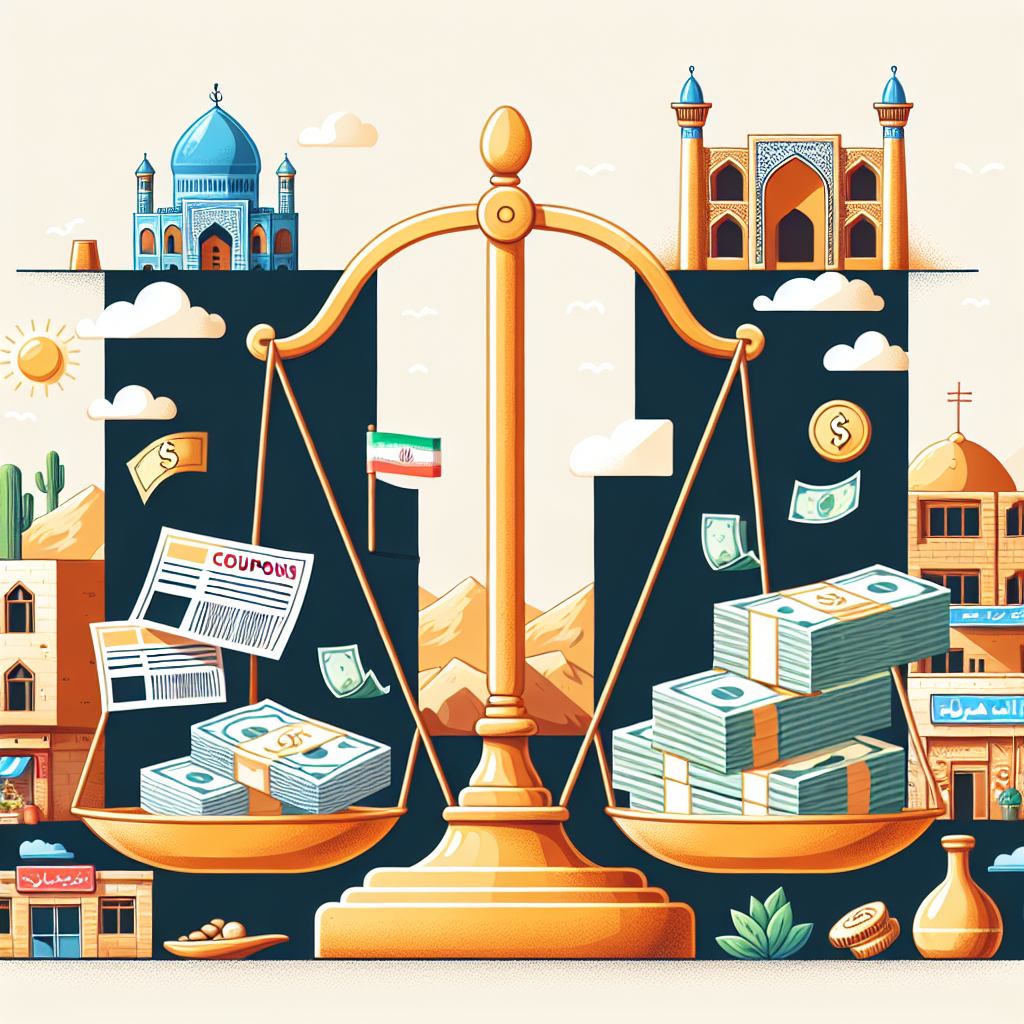Iran’s Economic Balancing Act: Coupons and Taxes in Play
Iran’s Economic Balancing Act: Coupons and Taxes in Play
Introduction
Iran is navigating a complex economic landscape, employing a mix of strategies to stabilize its economy. The government is introducing measures such as consumer coupons and tax reforms to address economic challenges and support its citizens.
Key Economic Strategies
Consumer Coupons
In an effort to alleviate financial pressure on households, Iran is implementing a coupon system aimed at subsidizing essential goods. This initiative is designed to:
- Provide direct support to low-income families.
- Ensure access to basic necessities amid rising inflation.
- Mitigate the impact of international sanctions on the economy.
Tax Reforms
Alongside consumer coupons, Iran is also focusing on tax reforms to boost government revenue and promote economic stability. Key aspects of these reforms include:
- Broadening the tax base to include more sectors.
- Enhancing tax collection efficiency.
- Reducing reliance on oil revenues by diversifying income sources.
Challenges and Implications
While these measures aim to stabilize the economy, they come with their own set of challenges:
- Ensuring the effective distribution of coupons to those in need.
- Balancing tax reforms without overburdening businesses and individuals.
- Maintaining public trust and cooperation in the face of economic hardships.
Conclusion
Iran’s economic balancing act involves a strategic mix of consumer support and fiscal reforms. By implementing consumer coupons and revising tax policies, the government seeks to cushion its citizens from economic pressures while enhancing revenue streams. The success of these initiatives will depend on their execution and the ability to address inherent challenges effectively.


















